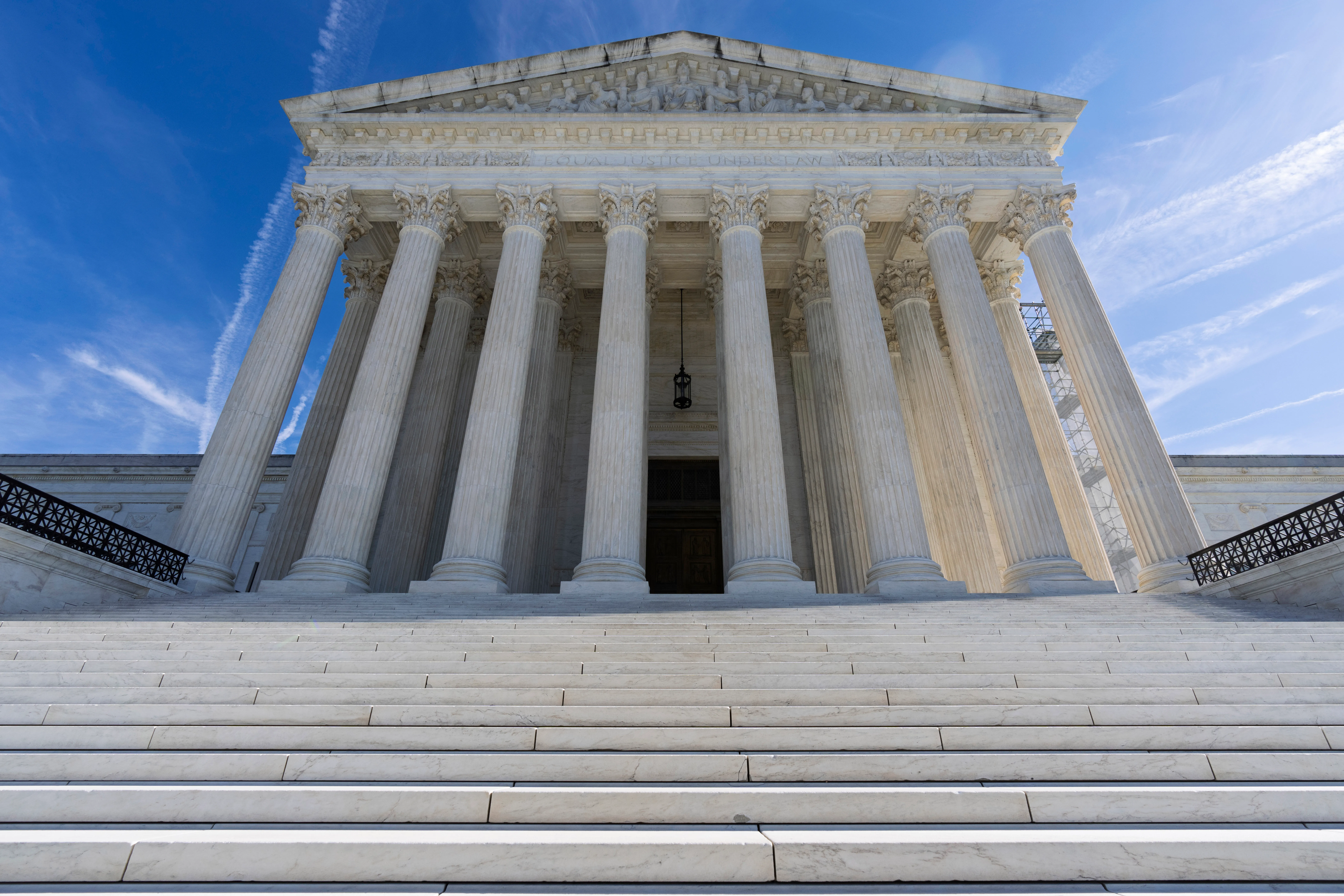
The United States Supreme Court reached a deadlock Thursday in a case determining whether a religious charter school in Oklahoma should receive public funding.
The tie vote allows a lower court ruling to stand. Previously, Oklahoma’s state Supreme Court had blocked government funding for the St Isidore of Seville Catholic Virtual School, citing constitutional separation of church and state provisions.
However, the Supreme Court’s split decision leaves the door open for similar cases. Without a definitive ruling from the nation’s highest court, no new precedent governs funding for charter schools, which are independent institutions receiving government support.
Supreme Court tie votes are uncommon. The Houston Law Review estimated only 183 ties occurred since 1791 among over 28,000 cases. The court typically has nine justices to prevent even splits.
Justice Amy Coney Barrett recused herself from the hearings. While she provided no explanation, this likely stemmed from her close relationship with St Isidore adviser Nicole Garnett. The two clerked together at the Supreme Court in the late 1990s and later taught together at the University of Notre Dame. When Trump nominated Barrett in 2020, Garnett praised her friend in USA Today, describing their lives as “completely intertwined.”
The court’s announcement acknowledged Barrett’s absence: “The judgment is affirmed by an equally divided Court. JUSTICE BARRETT took no part in the consideration or decision of these cases.”
This created a 4-4 split, though the precise alignment wasn’t disclosed. Chief Justice Roberts likely joined the three liberal justices in opposing the school’s government funding.
The Supreme Court currently maintains a conservative supermajority with six right-leaning justices. Previously, the court has shown receptiveness to expanding religious freedoms, including cases testing the Constitution’s Establishment Clause, which prohibits government “establishment of religion.”
The Oklahoma case began in 2023 when the Catholic Archdiocese of Oklahoma City applied to open a taxpayer-funded charter school teaching Catholic doctrine. This would have been the first publicly funded religious school, offering online education from kindergarten through high school with plans to open in 2024.
The Oklahoma Statewide Virtual Charter School Board initially rejected the proposal in April but approved it 3-2 in June, creating a legal battle. Opponents argued this violated church-state separation, while supporters claimed blocking the school restricted religious freedom.
The proposal divided Oklahoma’s Republican leadership. Attorney General Gentner Drummond opposed it as “state-funded religion,” while Governor Kevin Stitt supported the plan.
In Oklahoma, like most states, charter schools are part of the public system. When the case reached Oklahoma’s Supreme Court in 2024, this distinction proved crucial. The court struck down St Isidore 6-2, ruling that state funding would make it a “surrogate of the state” like other charter schools.
The judges determined the school would “require students to spend time in religious instruction and activities, as well as permit state spending in direct support of the religious curriculum and activities — all in violation of the establishment clause.”
The school’s supporters appealed to the Supreme Court, leading to April arguments. Conservative justices seemed favorable to St Isidore’s case. Justice Brett Kavanaugh argued that denying taxpayer funds appeared to be “rank discrimination against religion,” stating, “All the religious school is saying is, ‘Don’t exclude us on account of our religion.'”
Liberal justices warned that ruling for St Isidore could transform public schools into religious institutions, creating a precedent requiring government funding for all faith-based education.
The American Civil Liberties Union, backing a separate lawsuit against the school, celebrated Thursday’s deadlock as protecting church-state separation. “The very idea of a religious public school is a constitutional oxymoron,” said Daniel Mach, director of the ACLU’s Program on Freedom of Religion and Belief.
Proponents vowed to continue fighting. Jim Campbell, who argued for St Isidore on behalf of Oklahoma’s charter school board, noted the court might “revisit the issue in the future” given the deadlock. “Oklahoma parents and children are better off with more educational choices, not fewer,” he said.




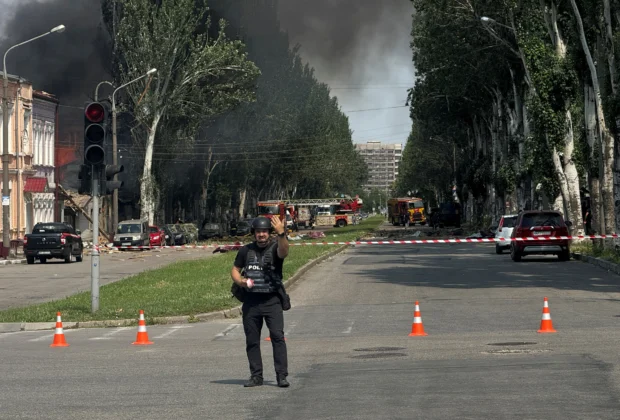

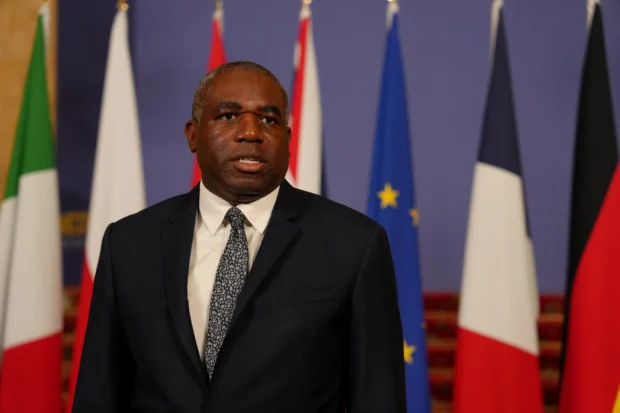

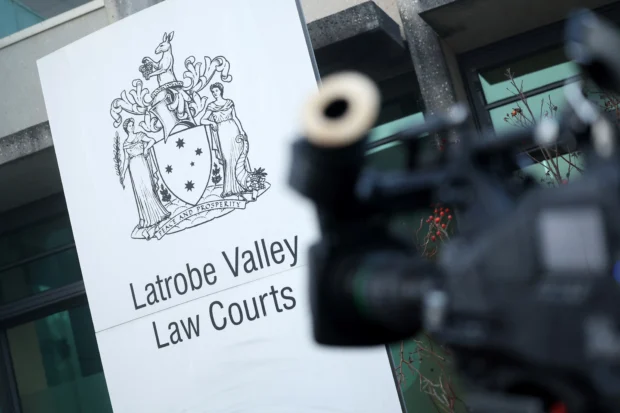
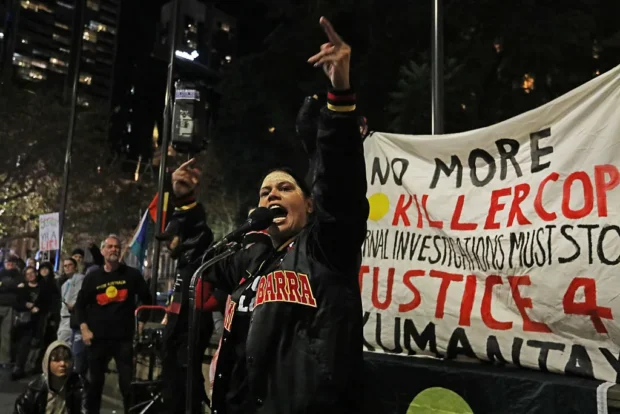

Be the first to leave a comment